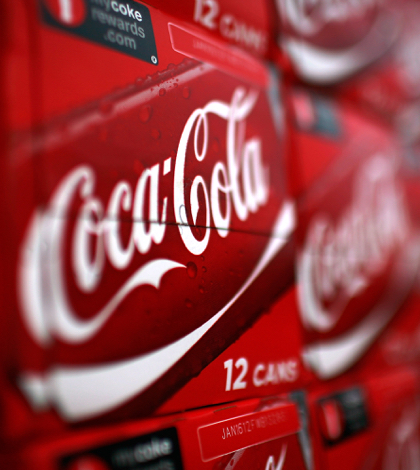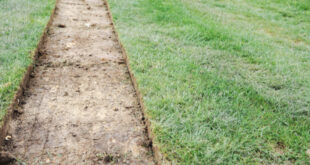In 2007, The Coca-Cola Company set a goal: to replenish 100 percent of the water used for making its products by 2020. Based on the company’s replenishment programs and predictions, Coca-Cola expects to meet their goal by the end of the year, making it the first global food and beverage company to replenish all water it uses.
Since 2004, The Coca-Cola Company has replenished 153.6 billion liters of water in 61 countries. The company has given back the water by increasing water efficiency in plants and returning water to watersheds and municipalities via their water replenishment program. The replenishment program uses water for the creation of a Coca-Cola product, then it’s treated and returned to the community it came from.
“There is no resource more precious to human life and the health of our global ecosystems and economies than water. As a consumer of water, the Coca-Cola system has a special responsibility to protect this shared resource. This is why we set an aspirational goal of being water neutral by 2020,” Muhtar Kent, chairman and CEO of The Coca-Cola Company, said in a statement.
To help control their water footprint, Coca-Cola and its bottling partners work to ensure that water projects remain sustainable. The Nature Conservancy was instrumental in designing Coca-Cola’s replenishment efforts.
“More and more companies now recognize that factoring nature into their decision-making is a smart business strategy. Coca-Cola’s commitment to water underscores that investing in nature can produce very positive returns for businesses and local communities,” said Mark Tercek, president and CEO of The Nature Conservancy.
Two of Coca-Cola’s programs are responsible for the company meeting its water neutral goal five years early:
· The Coca-Cola Africa Foundation’s Replenish Africa Initiative (RAIN) has partnered with a number of organizations and local governments to bring safe drinking water to 6 million Africans by 2020.
· The Coca-Cola Company’s Every Drop Matters partnership with the United Nations Development Programme (UNDP) provided $2 million dollars to local groups to undertake projects that improve access to water, water quality, better water management and help communities adapt to climate change. It is estimated that this project will provide water access to more than 1 million people in Eastern Europe and the Middle East.
 California Water News Daily Your Source For Water News in California
California Water News Daily Your Source For Water News in California


